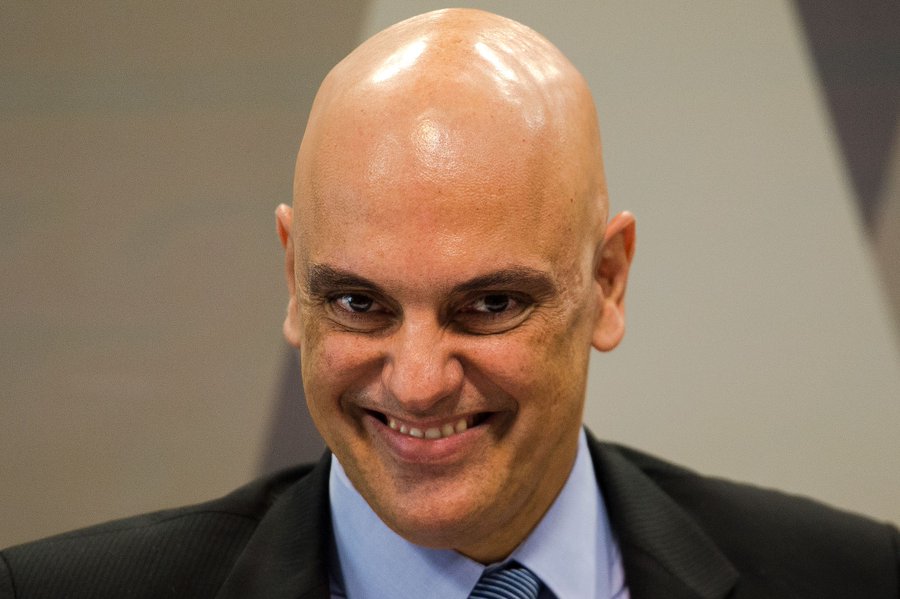Economy and business
Elon Musk vs Alexandre de Moraes: a challenge that crossed the boundaries of law and logic

- Legal Orders and Fines: Initially, X was fined for not complying with orders to block specific accounts, with threats of daily fines if non-compliance continued.
-
Closure of X’s Office: In protest, Musk closed X’s office in Brazil, which was interpreted as a refusal to appoint a legal representative in the country, a requirement for operating there.
-
Blocking of Starlink’s Accounts: In retaliation or as a further legal measure, Justice de Moraes ordered the blocking of Starlink’s bank accounts in Brazil. This action was purportedly due to X’s lack of legal representation and possibly as leverage to enforce compliance on X. This is a huge abuse, though, because the two companies, X and Starlink, are completely separate, and the latter has no responsibility for X’s behaviors.
-
Threat of X Shutdown: The Supreme Court issued an ultimatum to X, demanding the appointment of a legal representative or face a potential shutdown in Brazil, one of X’s significant markets.
What happened ignited a great discussion in Brazil. On the one hand there is an issue of freedom of speech, and on the other hand there is accountability to the authorities. The balance in Brazil was not guaranteed, because there was no court discussion, but the action of a judge who, believing himself to be above everything and everyone, acted feeling like a Greek God.
The action against Starlink then comes to cross every boundary of Brazilian international and national law. Starlink is a corporation with its own shareholders and serves hundreds of thousands of clients globally, not just a tiny shop owned by Elon Musk.
By the way, the measure risks being a huge boomerang: by blocking Starlink accounts to personally target Elon Musk, Alexandre de Moraes directly affected more than 200 thousand Brazilians and even the Armed Forces. According to a Defense Ministry memo, Starlink is the main (in practice the only) communication system in remote areas, and its suspension will cause “damage to the strategic use of specialized troops.”
Starlink has decided not to discontinue service until legal matters are concluded but could potentially stop services tomorrow as it cannot collect subscriptions, leaving 200,000 families and institutions without service in isolated locations.
In other words, in his desire to target Elon Musk, Alexandre de Moraes has created a very dangerous jurisprudence that directly affects foreign investment in our country and jeopardizes national security by affecting the operational capability of our Armed Forces.
Sooner or later someone will stop the judiciary gone mad, or is Brazil and beyond in the hands of an absolute power with no limits?






